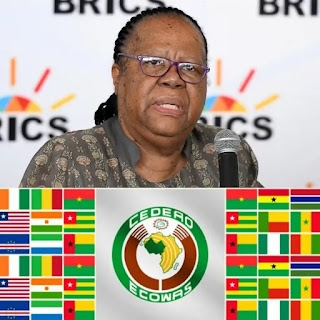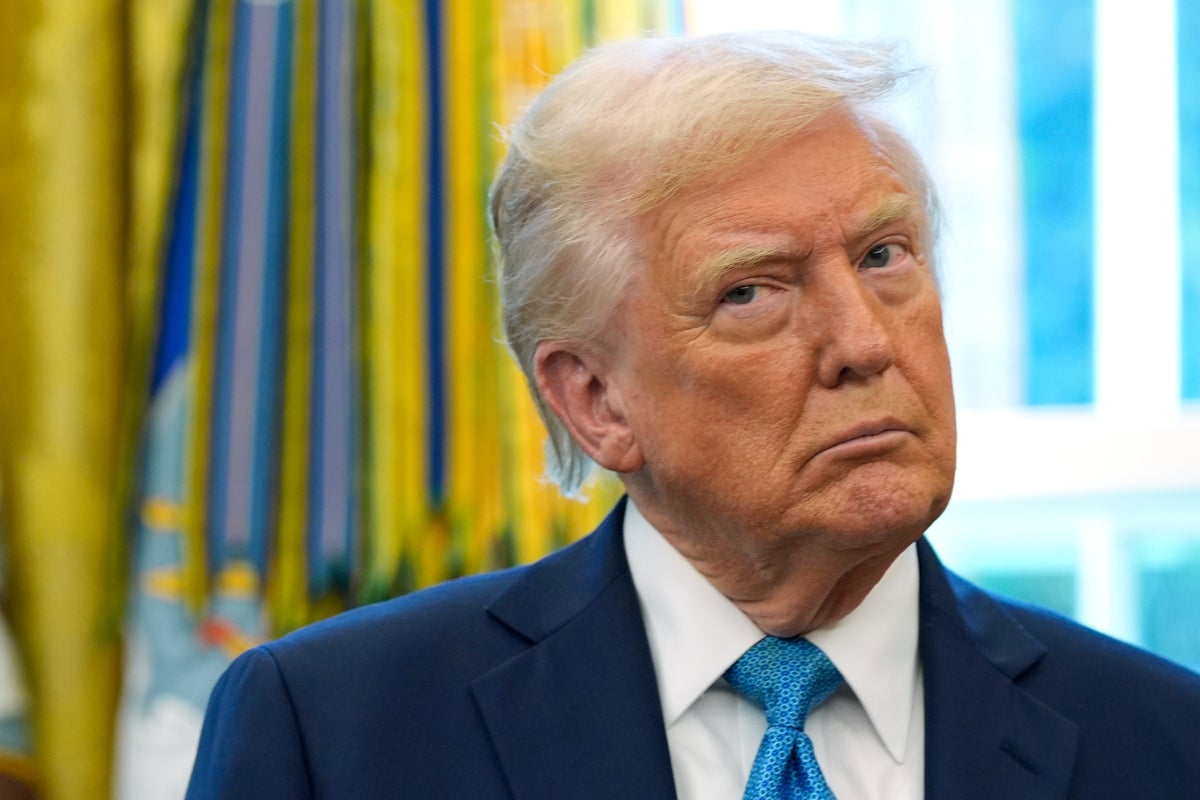ARTICLE AD BOX
South African Minister of International Relations and Cooperation, Naledi Pandor, in her speech during the G20 foreign ministers’ meeting in Brazil
“International legal organizations leave powerful countries and their allies unpunished even if they commit crimes of genocide,” South African Minister of International Relations and Cooperation Naledi Pandor said on Thursday.
Pandor’s speech, which came during a meeting of foreign ministers of the G20 countries in Brazil, touched on the objection of some major powers to South Africa’s submission of a lawsuit against Israel to the International Court of Justice on the grounds that it committed genocide crimes in Palestine.
Bandor considered that this position issued by some major powers is “an indication of the institutional bias prevailing in international law.”
"In other words, international law and institutions do not aim to hold powerful states and their allies responsible, even for crimes of genocide," she added.
Pandor stressed that "the prevailing situation must change, in order to put an end to impunity."
She stressed that "transforming and using global governance institutions to ensure a more just and equitable international legal system for all has become more urgent than ever before."
In this context, she explained that “making international law accessible to everyone includes the urgent need to reform the United Nations system.”
“The failures of the UN Security Council have cost tens of thousands of lives in Ukraine and Palestine,” Pandor said.
She continued, "Reform of the Security Council is necessary, and must take place immediately."
Since last October 7, Israel has been waging a devastating war on the Gaza Strip that has left tens of thousands of civilian victims, most of them children and women, in addition to an unprecedented humanitarian catastrophe and massive destruction of infrastructure, which led to Tel Aviv appearing before the International Court of Justice on charges of “genocide.” Collective.”
The G20 foreign ministers' meeting began on Wednesday in the Brazilian city of Rio de Janeiro and will last for two days.
The meeting will address several issues, most notably the Russian-Ukrainian war, the Israeli attacks on the Gaza Strip, and tension in the Middle East.
The G20 is an intergovernmental forum primarily concerned with economic issues. It includes the twenty largest economies in the world, and its membership is 19 countries and the European Union.
The member states are: Turkey, Argentina, Australia, Brazil, Canada, China, France, Germany, India, Indonesia, Italy, Japan, South Korea, Mexico, Russia, Saudi Arabia, South Africa, the United Kingdom and the United States.
Yakubu Gowon calls for lifting sanctions to save ECOWAS
Yakubu Gowon, the last founder of ECOWAS, called, this Wednesday, February 21, for the lifting of sanctions against Mali, Niger and Burkina Faso, in the run-up to a summit of the institution scheduled for February 24 in Abuja.
The former president of Nigeria intervenes to save the West African organization which is currently shaken by several political crises since the departure of the 3 Sahel states.
Yakubu Gowon implores the 15 current leaders of member countries to reconcile and rebuild ECOWAS together. For him, “ ECOWAS is more than a coalition of States” and “neither my generation, nor current or future generations, will understand or forgive the breakup of our community ,” he warns.
ECOWAS being “threatened with disunity”, the participation of the heads of state of the institution in a summit to debate the future of the community, regional security and stability, as well as the role of the international community in the current geopolitical context is imperative for the last founding father.
.png)
 1 year ago
7
1 year ago
7









 English (US)
English (US)